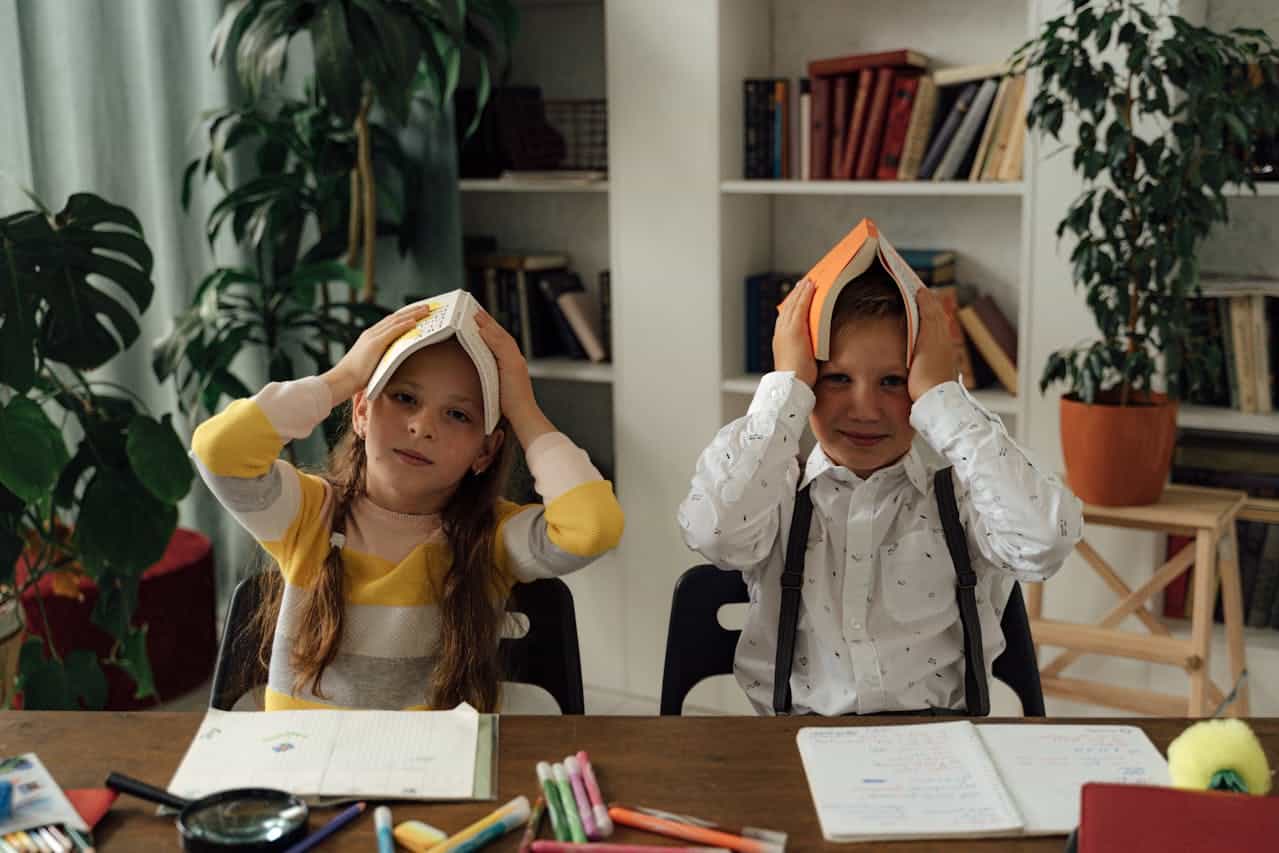When it comes to addressing the needs of young autistic children, ABA therapy Baltimore is a widely recognized and highly effective solution. Applied Behavior Analysis (ABA) is an evidence-based treatment designed to help children with autism spectrum disorder (ASD) develop the skills they need to thrive.
This therapeutic approach focuses on teaching desired behavior, improving social skills, and supporting the development of good behavior that leads to a more independent and fulfilling life. So, let’s explore why one needs to learn about ABA therapy in Baltimore.
What is ABA Therapy?
ABA therapy is a scientifically grounded approach to understanding and changing behavior. BCBAs create individualized treatment plans to help children reach their potential by analyzing how behavior occurs and what influences it.
One of the main goals of ABA therapy is to increase positive, appropriate behaviors and reduce harmful or undesired actions, such as aggression or self-injury.
Success Stories
“Move Up ABA has been a lifeline for our family. Before starting therapy, our son struggled with daily routines and communication. Now, he’s more independent and even initiated a conversation with a classmate for the first time! The progress we’ve seen in just six months is truly remarkable.”
- Emily R., Silver Spring, Accountant
“As a single dad, I was overwhelmed trying to manage my child’s behavior. The Move Up ABA team not only provided amazing support for my little girl but also taught me practical strategies to use at home. Their in-home sessions fit perfectly with our busy schedule. I’m so grateful for their patience and expertise.”
- Michael T., Rockville, Middle School Teacher
“We were hesitant about starting ABA therapy, but Move Up ABA’s approach put us at ease from day one. Our twins have made incredible strides in their social skills and self-regulation. The therapists are like extended family now, and we couldn’t be happier with our decision to work with them.”
- Aisha and James L., Simpson, Police Officers
How ABA Therapy Helps Young Autistic Children
For autistic toddlers, early intervention is crucial in promoting intellectual functioning and building strong foundational skills. ABA therapy is effective in addressing challenges associated with autism, helping children develop in several key areas.
Improving Social Skills:
Children with autism often struggle with social interactions, such as initiating conversations or making eye contact. ABA therapy helps children practice and strengthen their social skills in a controlled, supportive environment.
Role-playing, structured social activities, and real-life practice help children learn to appropriately connect with others. These are essential for long-term success in both educational and personal settings.
Enhancing Communication:

Many children with autism have difficulty with verbal and non-verbal communication. ABA therapy teaches them how to communicate more effectively, whether it’s through words, gestures, or alternative methods such as sign language or communication devices.
Communication is a key area of focus, as it empowers children to express their needs and emotions clearly.
Developing Adaptive Behaviors:
Adaptive behaviors are skills that help children become more independent in daily life. ABA techniques teaches children how to perform tasks such as brushing their teeth, getting dressed, and following routines. Through structured sessions, BCBAs break down these tasks into smaller steps and reinforce the child’s success at each stage.
The Role of a Board Certified Behavior Analyst (BCBA)
A Board Certified Behavior Analyst (BCBA) is a highly trained professional who designs, oversees, and adjusts the therapy plans for children with autism. They assess each child’s specific needs, create a tailored treatment plan, and monitor progress over time.
BCBAs are experts in behavior analysis and use evidence-based techniques to address a wide range of behavioral and developmental issues. In addition to designing and supervising therapy sessions, BCBAs train parents, ensuring that families are equipped with the skills to reinforce behaviors at home.
Parent Training and Involvement
One of the core components of ABA therapy is parent training. Parents and caregivers are integral to the success of the therapy process, since they help reinforce learned behaviors outside of therapy sessions.
BCBAs work with families to teach them how to apply the principles of applied behavior analysis in everyday situations. Parent and caregiver training teaches them to use positive reinforcement, create supportive environments, and manage challenging behaviors. This teamwork ensures consistency, helping the child make steady progress.
Therapy Sessions: What to Expect

An ABA session typically lasts between 30 minutes to an hour, depending on the child’s age and needs. The session is structured and goal-oriented, with the behavior analyst continuously assessing the child’s progress. For each session, the behavior analyst sets specific goals and teaches skills in a systematic way.
During a therapy session, the therapist may work with the child on tasks like making requests, following instructions, or engaging in social interactions. These sessions often include a mix of direct instruction, play-based activities, and real-world practice to help children generalize their skills across different environments.
For example, if a child is working on learning how to greet others, the therapist might first practice the greeting in a therapy setting and then encourage the child to use it at home or in the community. This helps children develop the confidence and skills to apply what they’ve learned in real-life situations.
Behavioral Treatment for Autism
Behavioral treatment for autism goes beyond teaching new skills; it focuses on understanding why behaviors occur. ABA therapy looks at triggers like sensory overload or frustration and helps develop strategies to address these underlying causes.
For instance, if a child becomes upset when asked to transition between activities, the behavior analyst might work with the child to gradually increase their tolerance for transitions. Children learn to regulate their emotions and handle changes more effectively by giving them rewards and incentives or other behavior management strategies.
The Benefits of ABA Therapy in Baltimore
Baltimore offers a wealth of resources for families seeking ABA therapy. With numerous local clinics and behavior analysts trained in applied behavior analysis, families can access personalized treatment plans that cater to their child’s unique needs.
In addition to in-clinic therapy, we at Move Up ABA offer home-based therapy sessions, which can be especially beneficial for younger children. Home-based therapy allows BCBAs to assess the child’s behavior in their natural environment, making it easier to target specific issues and reinforce positive behaviors at home.
Move Up ABA focuses on ensuring families receive the support they need to continue reinforcing skills outside of therapy. Our collaboration between therapists, families, and caregivers creates a strong support system for children with autism.
Why Choose Move Up ABA Therapy in Baltimore?
Choosing Move Up ABA Therapy Baltimore means accessing the expertise of Board Certified Behavior Analysts (BCBAs) and highly trained therapists. Our professionals use evidence-based learning practices to help children with autism achieve desired behaviors and improve communication skills.
With a personalized approach and a strong focus on training parents, Move Up ABA provides comprehensive treatment plans that support children both in and outside the ABA session.
Whether your child needs help with communication, social interaction, or emotional regulation, Move Up ABA can provide the support they need to succeed. Choose Move Up ABA therapy in Baltimore! Contact us to start the consultation, and give your child the opportunity to thrive in their normal educational environment and beyond.
Conclusion

ABA therapy in Baltimore is an effective, research-backed treatment for children with autism spectrum disorder. By focusing on applied behavior analysis, positive reinforcement, and parent training, ABA therapy helps children develop crucial life skills and improve intellectual functioning, social interactions, and emotional regulation.
With the guidance of Board Certified Behavior Analysts, children can achieve appropriate behaviors, thrive in educational settings, and gain greater independence in daily life.
If you’re seeking ABA therapy for your child in Baltimore, consider the many benefits of this evidence-based approach. With the right therapy and support, your child can make significant strides toward a brighter future.
400 E Pratt St, Floor 8 Baltimore , Maryland 21202, United States
Questions?
Email Us: intake@moveupaba.com
Call Us: (410) 469-1090





